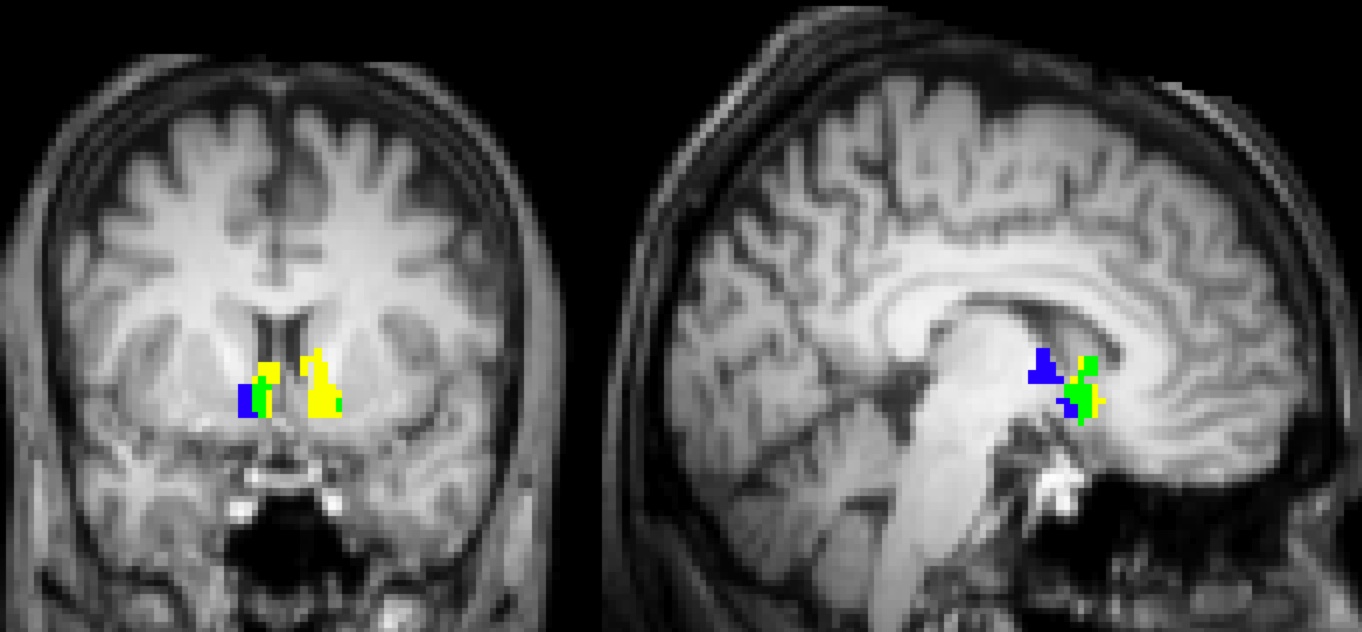
TPS's resident foreign exchange guru, Thomas Johnson, recently wrote to request a post on neuroeconomics, vis-a-vis this recent piece in the Economist. And here at TPS, we aim to please, so here we go. Hopefully a nice discussion will follow.
Neuroeconomics, it could be argued, is the next step in not only the happiness research path, but also the scientification of the discipline. It was the goal of many 1970s macroeconomists to try and calculate the exact specifications of any functioning economy; if you're not growing, we can calculate exactly what you need to do to get you back on the right track. Needless to say, this caused a lot of harm. Trying to make economics more like science is not what economics should be doing; Hayek did a great job of explaining this in his Nobel Prize lecture.
Computation realities aside, there's still an ethereal concept of happiness that can not be measured; measuring dopamine is not measuring happiness. It's measure a physical process in the brain that seems to be related to people claiming to be happy; it is not happiness itself. I wouldn't even say that it's "closer" to measuring happiness than just asking someone how happy they are-- and we have written numerous times about the problems of doing that.
So, I'm not a super-huge fan of neuroeconomics, based not so much in the interesting results that it may yield in the near future, but the danger of using these results as support for policy prescription.
(By the way, the article mentions CalTech's Colin Camerer, author of perhaps my favorite academic paper. Favorite/longshot biases have received a lot of attention in gambling literature, and he wanted to see what happened when you put shocks onto the betting pool right before the betting window closer. Big shocks. Like removing-$100,000-bets-one-minute-before-post-time big. I got such a kick out of that.)
2 comments:
Despite my lack of qualifications to comment on neuroscience....here it goes anyway:
Whenever I watch/read/listen to neuroscience they commonly seem to compare or draw from quantum physics. Now I believe quantum physics carries the experimental problem that you change the outcome by measuring it. I could see this as being the case in neuroscience, that your perceptions and preferences in a lab with wires taped to your head would differ in the real world. For instance, I might be more responsive to colors in a sterile lab environment than in the everyday world.
Just a thought.
I think that's accurate too, though I'd put that down as a strike against experimental economics as a whole, and neuroeconomics would fall into that category. Again, I'm not trying to say that I dislike all of these areas-- they each bring something to the table-- but none are a one package cure for everything across the board.
Post a Comment